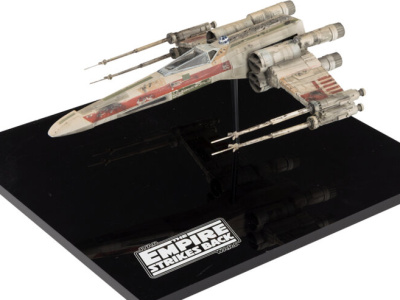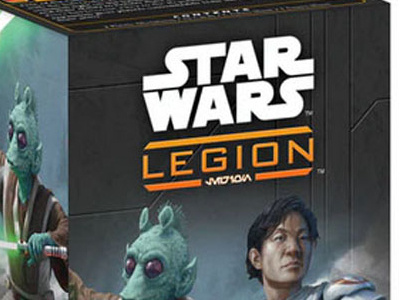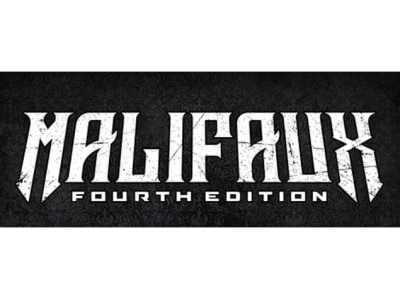
The lack of supply in the hobby market has made it difficult for retailers to adequately estimate demand, and even worse it could make it difficult for the game to gain the kind of explosive popularity it enjoyed in Japan, since many stores are charging a premium price for Yu-Gi-Oh cards -- a price that often reflects the difficulties and expenses of procuring product in the secondary market. Upper Deck, which manufactures the American version of the Yu-Gi-Oh CCG, is promising that the new Yu-Gi-Oh expansion, Metal Raiders is 'being printed in quantity to meet demand.' However some retailers remain skeptical and bring up the 'Unlimited Starters,' which proved to be anything but what their title suggested (check out 'Yu-Gi-Oh Is White Hot' to see what Upper Deck was promising at the time).
Clearly Upper Deck, which wants hobby stores to set up Yu-Gi-Oh leagues and tournaments, is going to have to do better with Metal Raiders than it has with previous Yu-Gi-Oh releases, if it wants retailer cooperation. In-store gaming has become increasing important for both retailers and manufacturers (see 'The Ins and Outs of In-Store Gaming Events'), but stores aren't going to promote products that they can't sell. Although Yu-Gi-Oh is hot, it is still a long way off from inspiring the kind of feeding frenzy that Pokemon did at the height of its boom. It is unlikely that Yu-Gi-Oh will be able to duplicate in the U.S. what it did in Japan and become much bigger than Pokemon ever was -- but it clearly has the potential to be the number one game of 2002. However Upper Deck has to come closer to meeting the demand for the product and hope that the increasing exposure to the Yu-Gi-Oh property on TV (see 'Yu-Gi-Oh Goes Daily in April'), in comics (see 'DBZ and Yu-Gi-Oh Headline U.S. Shonen Jump'), and through an increased supply of the CCG itself, will produce a powerful growth spurt in the second half of the year.







